Amid the Charlie Hebdo attacks, Sara El-Yafi argues that there is no place for God in a religion.
There is an essential thing to be said about the relationship of man to God today in light of the horrifying events happening in our world. The defeat of development in the face of religious doctrines is fascinating to chart out.
Take a look at Iraq and Afghanistan, and watch the parties of God as they ax two of the most ancient and formerly well-advanced societies and bring them to the level of Sudan and Somalia, where other parties of God have been well on their way for a long time.
Or look at Syria and Iraq, and witness the fascinatingly morbid accession of another extreme party of God — the Islamic State — as its militants mass slaughter their way to establish a terror caliphate in the name of God.
Then, shift your gaze to Iran where the divine awaiting of the Twelfth Imam fortifies their momentous accession of apocalyptic weapons, all the while giving them the right to bolster their fellow parties of God in Lebanon and Syria, whose purpose has shifted from freedom fighting to freedom hijacking and subjugation of all their fellow citizens — also in the name of God.
Then look at Israel, formerly known as Palestine, where Jewish settlers in the name of their messiah have been savagely stealing lands for decades and morbidly abusing the indigenous people, because they believe that their right to the persecution of Palestinians is God-ordained as he has “chosen” them over others by giving them a biblical right to menace and bring on apocalypse in the name of God.
These Israeli settlers are backed by no other than the American Evangelical fundamentalists, whose ancestors were also once messianic settlers — also European — who took the lands of the native tribal people in the name of God and redemption and left them sequestered, if not dead, in a land they inhabited for centuries. Those same Christian fundamentalists believe that supporting Israel is in favor of God — the same God who shames homosexuality, criminalizes scientific development, forbids the teaching of science in schools and despises other races.
As for those who wish to fight Israel, they obviously go through God as well. Indeed, militant Islamist parties take faith in knowing that God works through violence, killing and suicide bombing — processes only worthy of medieval culture where ignorance and torture were the currencies of the day, and where people lived, persecuted and savagely shamed each other in the name of God, as there was no other way to validate their miserable, wretched lives.
As for Muslim fundamentalists who were able to get out of their countries of origin — those who now inhabit the cities of London, Oslo, Paris and Washington DC — they derive their self-importance from hating on the West and cannot wait to take “offense” at something Westerners do against their Islam and their God, as if their very livelihood isn’t the biggest offense to Islam and God.
As for my country, Lebanon, where the currency is religious politics and every political party has the signature of God stamped on their ludicrous manifesto; where the presidency has been customarily ordained to the petrified, egotistic Maronite creed; the weaponry ordained to the vengeful, self-absorbed Shiite creed; and the vapid well of insipidity ordained to the anaemic Sunni creed. Here, you cannot marry your loved one if you belong to different religions; you cannot inherit your spouse if you belong to different religions; and if that is not enough harassment in one’s lifetime, they will even persecute you after death, as you cannot even be buried next to your spouse if you belong to different religions — all in the name of God.
Misinterpreting Religion?
As for those who decree that “these terrorists are not ‘real Muslims’ or ‘real Jews’ or ‘real Christians’ … They all misinterpret religion,” to you I respond that — although perhaps more commendable — your version of what “real religion” should be is just another opinion, not more, nor less correct than anyone else’s interpretation. Just because you think it to be right, it does not make it right, neither for you, nor for them; your opinion just adds another shade to religion; yours just happens to be less savage.
Whether “right” or “wrong” is simply arrogant to disclaim. There is no such thing as a “real” interpretation of a pre-medieval religion; the only “real” thing about indoctrination is how beastly it is, no matter how soft your version is. Why? Because in indoctrination, there is an obligatory, inherent alienation of other human beings — an inherent racism of “us” and “them,” and that alone should be a red flag showing you how disturbingly unfit any doctrine is for the well-being of the world.
History and the wide discourse of the majority have unequivocally decided what the stamp of religious indoctrination is: It is the footprint of a beast, the footprint of self-absorbed, alienating ignorance. People are dumb and vain. People are so vain that they believe in the irrefutability of their opinion.
Look at the state of politics in every country and how people offensively deride the dignity of others for simply holding a different opinion from theirs. If that’s true for politics, if that’s even true for family dinners, what do you make of it when it comes to God-ordained religions?
There is a danger to indoctrination everywhere, because indoctrinations are forcibly alienating, and a system that inherently alienates others is by default a failed system. Religion is a failed system. A power apparatus created around racist ideas to control societies. That is religion. It is a political system of power. It is man’s selfish story of faith, but it is not faith. Religion cannot be faith.
If this world learns to understand the difference between religion and faith, we would witness the beginning of an unprecedented age of Enlightenment. Religion and faith are mutually exclusive. Religion is indoctrinated politics. Faith is inherently apolitical. Religion is a human brand, a human system. Faith can have no brand, no label, no system, no technique. It is immaterial, transcendental and cannot relate to earthly commodities, while religion is obligatorily based in earthly commodities and that is why it is so corrupt. Religion thrives on power and subjugation, whereas faith thrives on inner-empowerment and emancipation. Religion is the darkness. Faith is the light. Religion is godless. Faith is God.
What is “God”?
I denounce the indoctrination of religion as manmade hell on earth. I condemn the top-down organization of any belief — be it divine or political — for it is nothing more than the very organization of racism and bigotry hidden behind the ecstatic fantasy that there is an invented, fear-mongering God who is corrupt enough to prefer “your type of people” over others just because you follow one book over another; a God who people believe is vapid enough to want to meddle in your uninspiring affairs, judge your tedious thoughts or, worse, worry about your sexual behavior, the faith of your spouse or whether you force yourself to go once a week to some brick building with an awkward semiotic symbol to talk to yourself.
The almighty God — not the invented God such as the one who apparently was in need of “revenge” against a Parisian satirical publication — does not and cannot ever thrive in any earthly religion; if it has a label, it has no God. For if you believe God is good; if you believe God is love; if you believe God is liberty, then you believe God cannot possibly abide by a manmade label, especially that of a judging dogma.
There is no place for God in a religion, because every religion comes down to “us” and “them” and I cannot believe that an almighty God — if he exists — can ever take sides between his own people. Religion is a failed system that rejects the ethereal because religion is naturally divisive and rejecting of “the others.” It is savagery and God does not thrive in savagery, for God can only thrive in loving faith.
So, as long as we cling onto our indoctrinated identities, this world will be racked with the most insufferable pain, for these identities will forever demarcate our differences when what we need most is to find our common aspirations. And mark my words, common aspirations will never be found in a doctrine, but they will be found in our humanness because humanness has no stamp — and that alone is divine.
Fair Observer is a nonprofit organization dedicated to informing and educating global citizens about the critical issues of our time. Please donate to keep us going.
The views expressed in this article are the author’s own and do not necessarily reflect Fair Observer’s editorial policy.
Photo Credit: Conejota / Cloud Mine Amsterdam / Shutterstock.com
For more than 10 years, Fair Observer has been free, fair and independent. No billionaire owns us, no advertisers control us. We are a reader-supported nonprofit. Unlike many other publications, we keep our content free for readers regardless of where they live or whether they can afford to pay. We have no paywalls and no ads.
In the post-truth era of fake news, echo chambers and filter bubbles, we publish a plurality of perspectives from around the world. Anyone can publish with us, but everyone goes through a rigorous editorial process. So, you get fact-checked, well-reasoned content instead of noise.
We publish 2,500+ voices from 90+ countries. We also conduct education and training programs
on subjects ranging from digital media and journalism to writing and critical thinking. This
doesn’t come cheap. Servers, editors, trainers and web developers cost
money.
Please consider supporting us on a regular basis as a recurring donor or a
sustaining member.
Support Fair Observer
We rely on your support for our independence, diversity and quality.
Will you support FO’s journalism?
We rely on your support for our independence, diversity and quality.


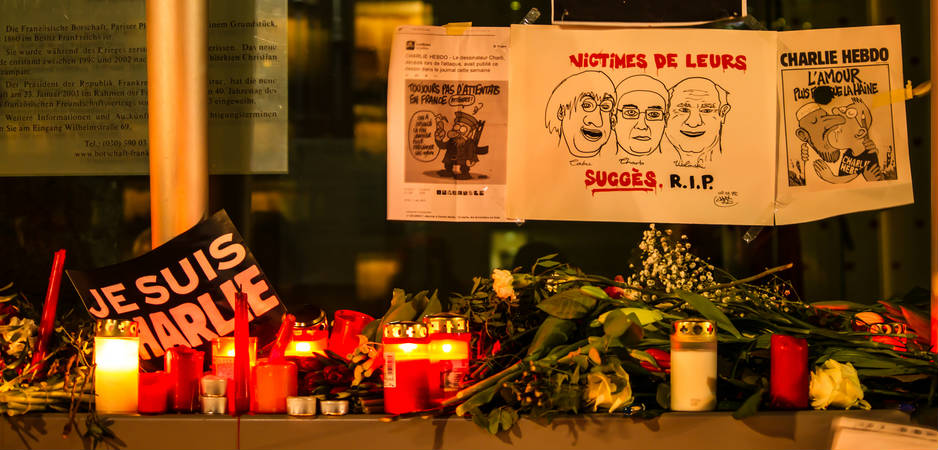

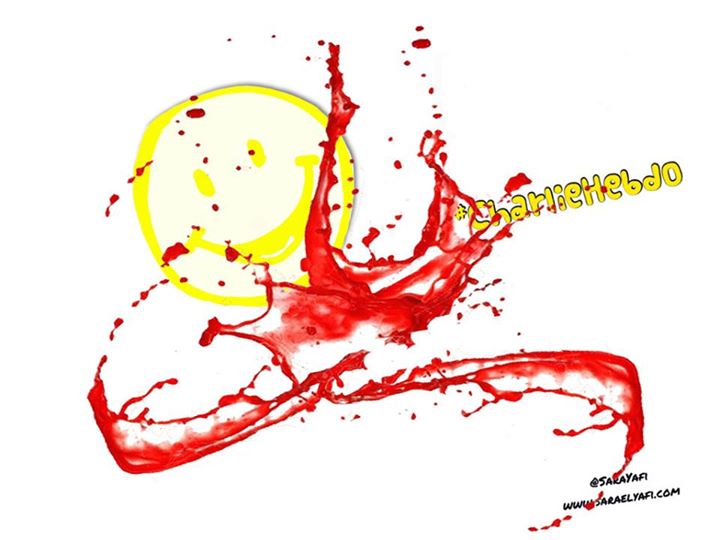







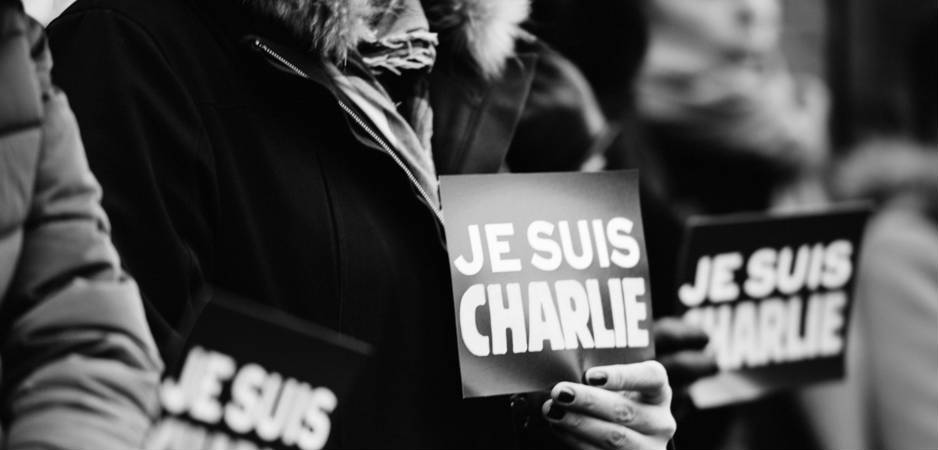




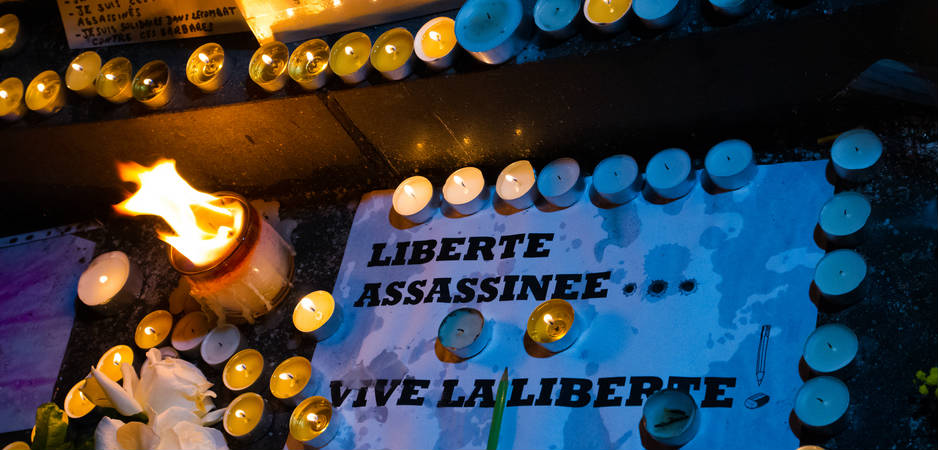
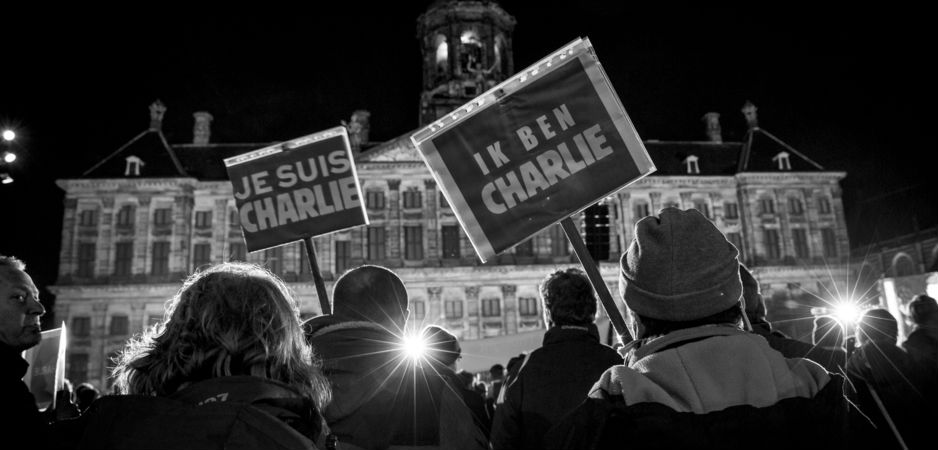

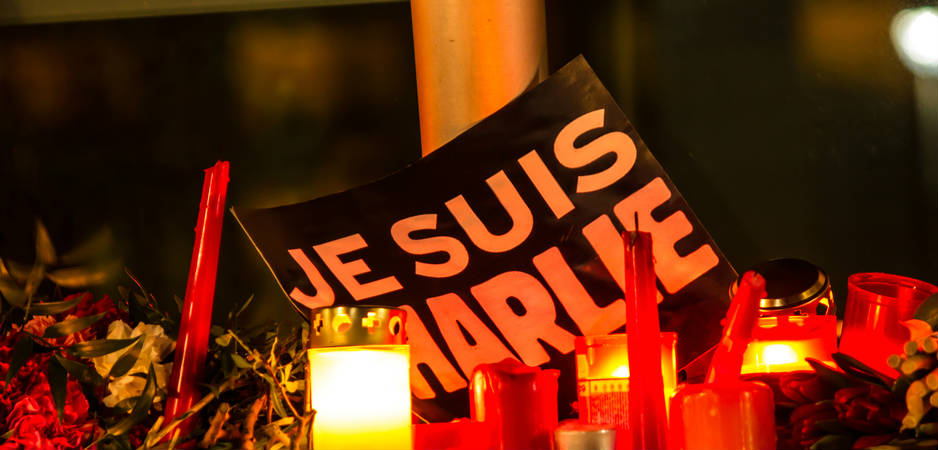

Dear Sara, a wonderful article. However, sadly, it is dogma and the demagogues who shape our lives: past, present and the future. The Masses rule, however, sadly, mostly as a manipulated lot, a manipulated force that is not bound by rational and logic. This how it has always been, as, discouragingly, how it will always be.
Rajai Masri
This is an interesting article and in essence I think that I somehow agree with it. However the author describes “religion” at great length but does not offer an explicit definition of it. Therefore only those who have had a similar experience with religion as she can identify with her ideas with some clarity and share her understanding. For an Oriental whom might simultaneously take part in several religions drawing a definition merely from the author’s description obstructs the reader from understanding what I presume to be the author’s meaning, the fallacy of a literalism that oppresses and an adherence not to spiritual essentials but instead to totemic social structures created in the name of a given religion or deity by a human community which of course has removed its self from divinity. That is only common sense and one wonders why that needs to be explained. In East Asia, generally speaking religion does not define “us” and “them”; it is not “naturally divisive” nor does it necessarily act as a means to obstruct the believer from Divinity. Of course there are exceptions to this and that is very sad, regrettable. The author would do better to vent at the actual culprit of all social indoctrination of all types – the hierarchy that is imposed upon humanity by social elites where they do so using religion, nationalism, racism or ideology or even media and advertising. Currently an atheistic, “scientific” – even nihilistic — West is trying its best to indoctrinate us all to their way of thinking that all traditional structures are void of content. The truth is all socio-political structures are cultural adaptations to real circumstances until they become outdated. I suggest that the current structures are outdated. All of society needs to adapt to a new reality. Clinging to structures that harm or deny one access to an experience of the Divine is the same as the idolatry condemned by older religions when they were young. Certainly the author’s definition of religion and my own are different.